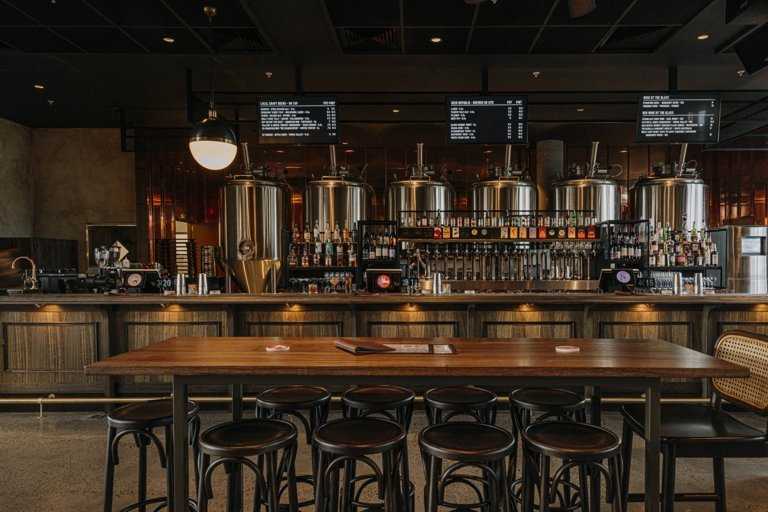Food & Drink
Craft Beer Boom Continues in Melbourne’s Inner Suburbs
Independent breweries are thriving in Victoria’s capital, with new flavours and collaborative events fueling a cultural shift toward locally produced, artisanal beer.
2025-08-07 | By Sophie Williams

Melbourne’s inner suburbs have become the epicentre of Australia’s craft beer boom, with small breweries opening at an unprecedented pace. Locals are increasingly swapping mass-produced beers for innovative, locally made brews that reflect the city’s creative spirit.
Brewmasters across Collingwood, Brunswick, and Richmond are experimenting with bold flavours, often incorporating native Australian ingredients such as finger lime and wattleseed. These unique touches distinguish Melbourne’s breweries on the international stage and attract a loyal base of adventurous drinkers.
Events like beer tasting festivals and brewery tours have surged in popularity. Crowds gather to sample new seasonal releases, while many breweries encourage community engagement through trivia nights, food truck collaborations, and live music sessions.
The cultural shift is also driving tourism. Visitors to Melbourne now frequently include craft breweries on their itineraries, seeing them as cultural landmarks rather than just places to drink. This trend mirrors developments in global cities such as Portland and Berlin.
Despite their success, smaller breweries face challenges in distribution. Competing with larger corporations for shelf space in bottle shops is difficult, prompting many to focus on direct-to-consumer sales through taprooms and subscription services.
Industry experts suggest that the craft beer boom has also sparked healthier competition. Larger beer companies have been forced to innovate, producing more diverse options in response to consumer demand.
The appeal of craft beer extends beyond taste. For many customers, supporting independent breweries feels like supporting community values. Profits are reinvested locally, staff are often friends and neighbours, and the culture fosters a sense of belonging.
With no signs of slowing, Melbourne’s craft beer scene is expected to remain one of the most dynamic in Australia. The city’s breweries continue to prove that passion, creativity, and local pride can fuel sustained growth in a competitive market.